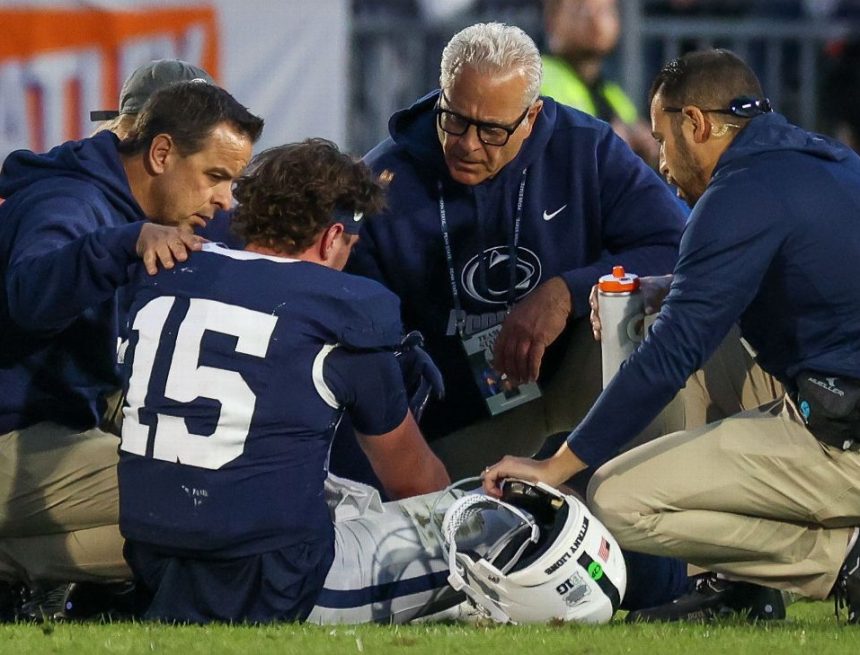Donna Ferguson’s piece on the demise of the sea cow (Beasts of the Sea: the tragic story of how the ‘gentle, lovable’ sea cow became the perfect victim, 21 October) was a moving read for us as young researchers and conservationists from the Philippines working to save one of its closest relatives, the dugong.
Dugongs play a critical role in maintaining healthy seagrass meadows in the Indo-Pacific region. These meadows, in turn, support marine biodiversity and serve as nurseries for many fish and invertebrates, sequester huge amounts of carbon that help mitigate climate change, and fortify coastal resilience against storms and sea-level rises.
And yet, in the Philippines they remain critically threatened by habitat degradation, pollution, human activity and climate breakdown. Iida Turpeinen’s book Beasts of the Sea is a reminder of what’s at stake when we fail to act.
To protect dugongs, it is important that we understand more about them, by mapping sightings, training marine biologists and running campaigns to fill critical data gaps and influence local and global conservation policy.
Our work is rooted in community and driven by urgency, yet youth-led initiatives like ours receive less than 1% of global climate funding. If we are to prevent another extinction story, this must change. We need investment, not just in technology or infrastructure, but also in the people on the frontlines of unprecedented biodiversity loss and climate change.
Turpeinen’s novel is a powerful reminder that extinction begins with silence and apathy. We must act before the dugong becomes the next ghost of the sea.
Diofel Tampoy
Project Lawud team, Sarangani Bay Protected Seascape, Mindanao, Philippines


